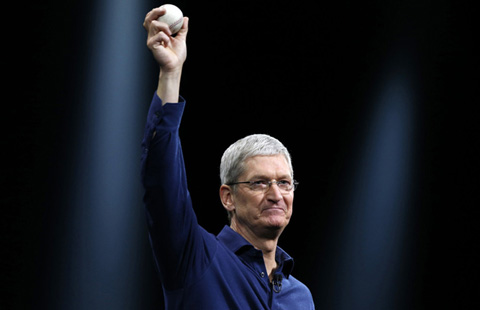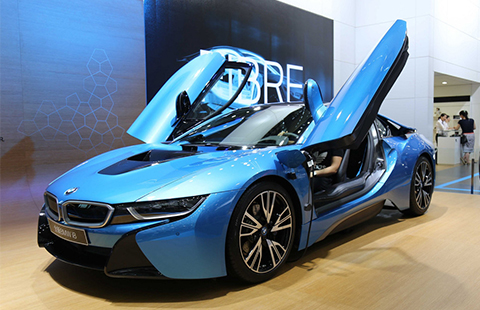Tickling the palates of China's hungry middle-class
By Nick Bevens (China Daily) Updated: 2015-06-10 09:23Barely a week passes without someone, or somewhere, claiming progress in attracting buyers from what is now the world's most influential consumer group-the Chinese middle class.
The most recent examples dished up a terrific Celtic head-to-head, with Ireland and Scotland delivering fresh export figures within days of each other.
Dublin drew first blood. The Irish Food Board revealed food and drink exports to China soared 40 percent last year to $612 million, with dairy, pigmeat and seafood topping the list.
The numbers made all-the-more impact because they were issued as Irish officials welcomed none other than Li Keqiang, the Chinese premier, for a 24-hour overnight stopover en route to Latin America.
What an opportunity to let Li enjoy the best the Emerald Isle's tourism and agricultural industries could muster.
He was served home-reared beef (China's only just lifted restrictions on imported Irish beef) and home-made bread and cheese on a visit to a model beef and dairy farm in County Mayo.
Later he dined with his counterpart, Irish Taoiseach Enda Kenny, at the newly renovated five-star Ashford Castle-a medieval pile set in stunning countryside on the Galway-Mayo county border.
The Irish Farmer's Journal reported a feast of "much-loved" Irish produce including carefully named Galway Bay prawns, Killala Bay mackerel and 40 kilograms of, again, prime beef fillet.
During his farmhouse lunch, the premier was reported to have said the taste reassured him of the quality and safety of Irish agricultural products.
It was nothing short of promotional gold-dust for a country which clearly now places China and its increasingly high-spending population as a priority.
Four hundred miles northeast across the Irish Sea, meanwhile, Dublin's promotional triumph was being jealously monitored in another small market which is equally hungry for middle-class yuan.
Officials in Edinburgh, the capital of Scotland-who have remarkably similar goals for their tourism and food industries-were also putting out their own export figures, again pushed firmly in the direction of Chinese free-spenders.
They showed its annual global food exports had surpassed 1.1 billion pounds ($1.7 billion) for the first time, boosted by food and drink to China which jumped 12 percent to $130 million. Fish and seafood volumes, dominated by salmon, soared 92 percent to $65.6 million with strong showings too for Scots honey, cereals and dairy.
No question the Irish won this particular tit-for-tat.
This unprecedented competition for Chinese favor is intensifying globally, not just on the edges of Europe.
- Booming prepaid consumption riddled with pitfalls
- Lunch with Warren Buffett auctioned for $2.35 million
- Policy easing aimed at bolstering demand
- China's bankcard consumer confidence rebounds in May
- China slashes import tax on skincare to shoes to spark domestic demand
- China's consumers will continue to surprise the world: experts
- China A-shares on track for inclusion in global benchmarks
- Chile a 'natural' draw for affluent Chinese tourists
- 'Prime time' for coal mergers as market stagnates
- Old brands hungry for success
- MSCI delays including China A shares in benchmark index
- Bourses subdued as MSCI decision nears
- LeTV users to get free 4G access
- Credit risks loom over areas along the coast

















